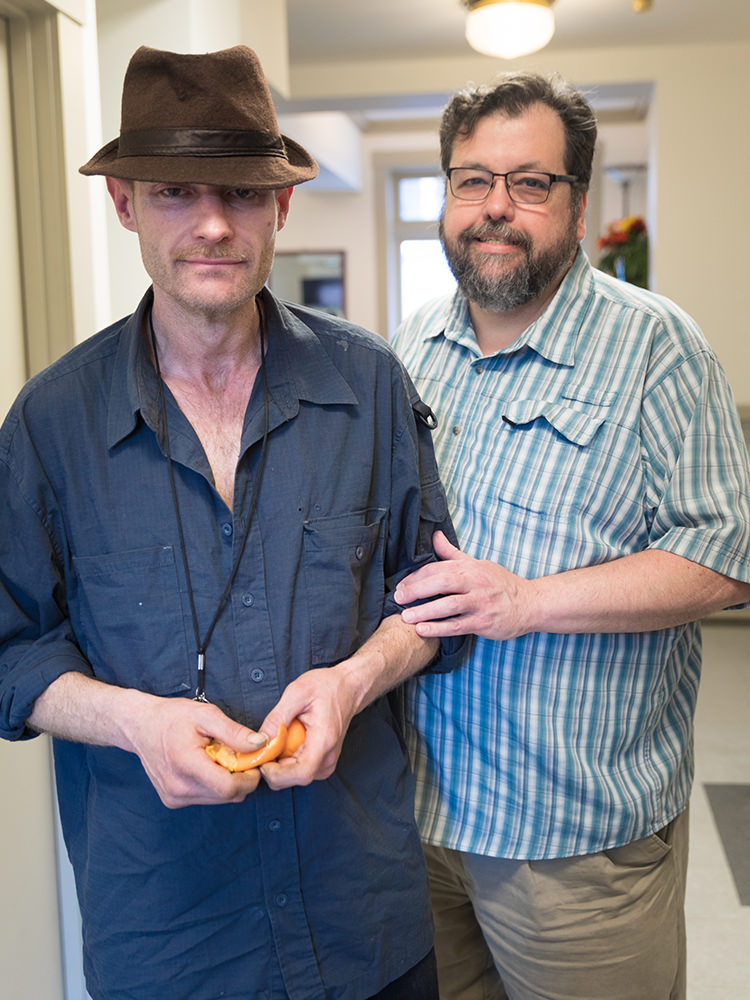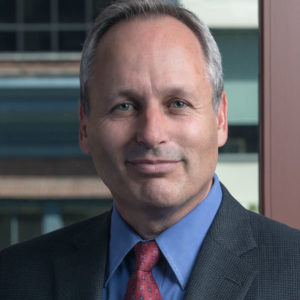Plymouth’s mission is at once simple and incredibly intricate. Person by person, we end homelessness. To do that, we construct new buildings, furnish studio apartments, and provide wraparound services.
But it’s more challenging than just that. On top of wrestling with disabilities, behavioral health issues, and more, Plymouth’s residents have lost a lot of trust in the social systems. These systems were supposed to help them—but didn’t.
However, we’re changing that.
I’m proud that Plymouth is collaborating with a multidisciplinary, cross-sector team to provide safety, stability, and hope to those with complex challenges. This initiative helps people whose struggles with behavioral health disorders have contributed to homelessness and multiple contacts with the King County jail system. Instead of placing them in jail again for minor infractions—an expensive alternative that cannot meet their needs—they are brought to Plymouth.
Once at home with us, these new residents are supported not just by Plymouth staff, but by a multidisciplinary team. This group, called the Vital Team, includes care professionals from Harborview Medical Center; chemical dependency specialists from REACH; and lawyers from the prosecuting attorney’s office. One of Plymouth’s Housing Case Managers, Leo Shriver, works in partnership with the Vital Team to ensure our new residents have what they need to avoid returning to homelessness.
Leo says, “There are no quick fixes. This is a long-term commitment. It has to be the right fit and the right time, but anybody can be helped with the right resources.” Leo goes on, “I try to help all of my residents see through me that they are beautiful, they can live a life, and that I believe in them.”
Our team at Plymouth knows that there’s one simple thing at the heart of this complex partnership: taking the time to see people as people rather than as problems. When we do that, we can truly change lives for the better.
Thanks for reading!
Paul Lambros, Executive Director

